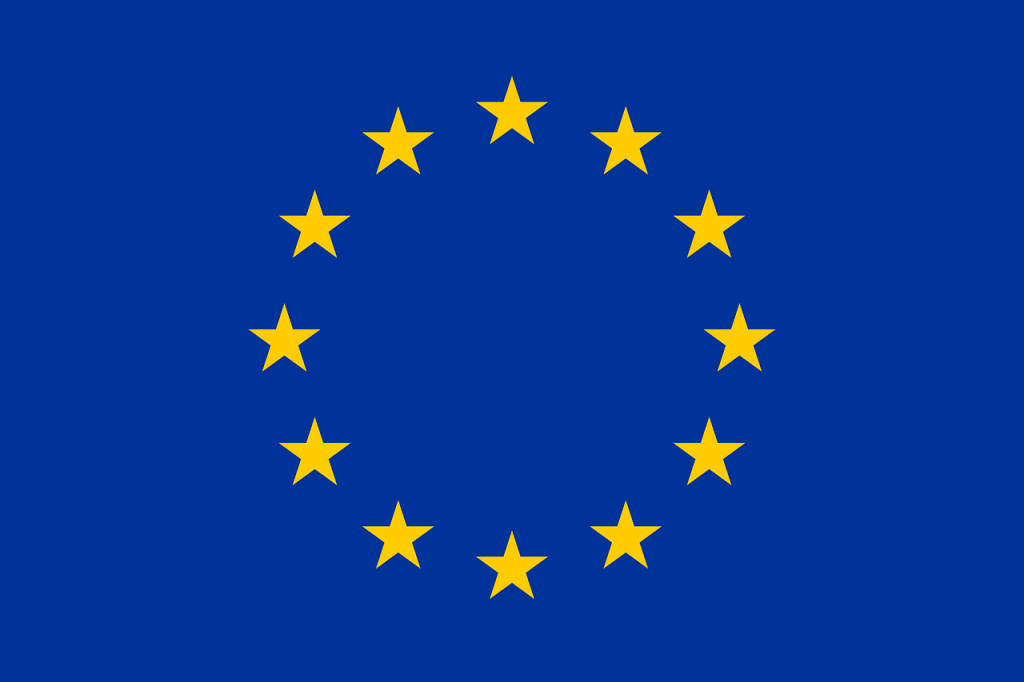
Big data can be a marketer’s best friend. More data means better customer insights, more options for personalization, and enhanced methods to acquire, engage, and retain consumers. But the upcoming GDPR legislation means marketers will need to more skillfully collect and interact with this data.
In this blog post, we’ll lay out the recent changes to the GDPR and how marketing technology will need to evolve in an era of increasing privacy controls.
What Is the GDPR?
The General Data Privacy Regulation, or GDPR, is legislation taking effect on May 25, 2018. It will affect all companies that control or process the data of EU citizens, even if the company is not located in the EU. This legislation impacts how marketers obtain, store, manage, and process the personal data of these citizens.
If you’re feeling lost in a sea of legalese, you’re not alone. Research by HubSpot shows that only 36% of marketers have heard of the GDPR, while 15% of businesses have done nothing to prepare for it and are at risk of non-compliance. Turning a blind eye carries major implications, as violations can incur fines of up to €20 million or 4% of global annual revenue (whichever is greater).
What New Rules Do Marketers Need to Know?
The GDPR will undoubtedly change the way most companies collect user information. A few notable components include:
Companies that collect data via a form must communicate to the person filling out the form what the data will be used for.
So while many companies currently offer free content or contests to collect leads that they funnel into broader lists or marketing purposes, with new GDPR rules, companies will need to be explicit with exactly how they plan to use customer information.
Companies are only permitted to collect data that is adequate, relevant, and limited to what is necessary for the intended purpose of collection.
While marketers benefit from collecting as much information as possible about their customers, the new GDPR regulations will require marketers to only ask for information that relates directly to the situation at hand. For example, if someone purchases an article of clothing online, it’s completely understandable to request shipping address, name, and email address — but asking about income or family status could be overkill with the new legislation.
Companies are not allowed to use customer data in a way that’s incompatible with how it was collected.
If companies plan to transfer or share the data with another company, they need to have consent to do so. For example, if one business teams up with another to host a webinar and decides that both will receive the email addresses of the attendees, both businesses need to make sure customers are aware of this before they sign up.
Companies need to ensure data is stored in a way that’s compliant with the GDPR, so it’s protected against accidental loss, disclosure, access, destruction, or alteration.
Depending on the type of data, this could mean using encryption, pseudonymization, or anonymization. Companies will need to make sure they have the processes and technology in place to protect customer data. This may even mean hiring a privacy officer to stay relevant with changing regulations.
How Will Marketing Technology Need to Evolve?
Companies will have to provide an experience customers really want.
Gone are the days when businesses will be able to build a list with a discreet, pre-checked box opting users in to an email list. In order to acquire new customers, the bar will be even higher for companies to create compelling content and communities that consumers want to be a part of.
Companies will have to work harder to engage and retain customers.
Given that it could be harder to acquire new users, brands will have to be more thoughtful with them once they get them. It won’t benefit companies to acquire new subscribers and jump straight into sales emails — marketers will have to create a community that customers want to be (and remain) a part of.
Everyone will win with transparency.
While at first glance these regulations seem to create more hurdles for marketers, they actually elevate the industry as a whole. Marketers will have a clearer picture of who their customers are because the ones they acquire (and retain) will be customers who truly want to be there. This will improve the ability for marketers to see who their best customers are (and are not), and adjust their marketing efforts accordingly.
The Future of Marketing
While it will require a considerable amount of attention from companies to uplevel their data collection and management processes, the GDPR could end up creating what we’ve all been looking for — an industry with:
- less fraud and more transparency
- less mediocre and more masterful marketing
- audiences who are not just subscribers but engaged consumers
To learn more about what’s ahead, check out TUNE CEO Peter Hamilton’s 6 Mobile Marketing Predictions for 2018.
Author
Becky is the Senior Content Marketing Manager at TUNE. Before TUNE, she handled content strategy and marketing communications at several tech startups in the Bay Area. Becky received her bachelor's degree in English from Wake Forest University. After a decade in San Francisco and Seattle, she has returned home to Charleston, SC, where you can find her strolling through Hampton Park with her pup and enjoying the simple things in life.




Leave a Reply
You must be logged in to post a comment.